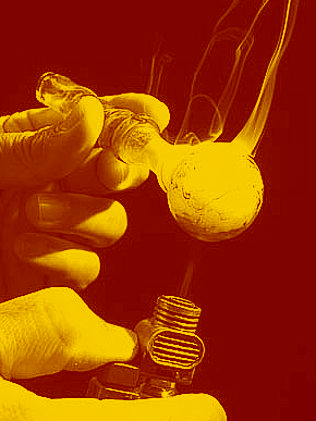State rejects drug call
 The NSW Government has not taken up a recommendation to decriminalise low-level use of illicit drugs.
The NSW Government has not taken up a recommendation to decriminalise low-level use of illicit drugs.
Premier Dominic Perrottet says his government has accepted 86 and noted 14 of the 109 recommendations provided by an ice inquiry that handed down its findings over two years ago. This includes a $500 million investment in health and justice reforms.
The inquiry led by Commissioner Dan Howard recommended that if someone is found with small quantities of drugs for personal use, they should be directed to health services rather than the justice system, describing the “war on drugs” as an outdated mindset.
The special commission of inquiry was commissioned by former premier Gladys Berejiklian in 2018, and found NSW has a “serious and complex” problem with ice and MDMA, and that drug and alcohol policy in NSW had “stagnated considerably” since 2006.
The report was delivered in January 2020, and Mr Speakman has admitted he is “disappointed” it has taken so long to prompt action.
The government’s response was reportedly delayed by the strong opposition of conservative party members to decriminalisation.
Mr Perrottet claims decriminalisation sends the wrong message to society.
“I disagree with decriminalisation,” he said.
“You need to make sure you have preventive measures in place to continue to send clear messages to the public that drugs can ruin you and your family's life.”
But the government supports, in principle, a diversion scheme allowing people to avoid paying two infringement notices for drug possession if they undergo a health program.
On their third infringement notice, they must attend court.
The Premier says he needs more guidance from the state’s Chief Health Officer and Police Commissioner before the scheme can be rolled out, and has given no time frame on when it will be introduced.
Attorney-General Mark Speakman says diversion is not the same as decriminalisation.
“[The scheme] sends a message that drugs shouldn't be normalised, decriminalisation doesn't do that,” he said.
“On one hand we are trying to send that very clear anti-drugs message but on the other hand making sure if people are going to be in the criminal justice system, we have exhausted other possibilities.”
It is yet to be determined which drugs will be included in the scheme.
The government has pointed to its $500 million investment in health and justice, to be rolled out over four years, as the biggest investment in alcohol and drug services in NSW history.
It includes over $141 million to expand justice initiatives including the Sydney drug court, which will use the funding to expand from operating one day per week to five.
Over $350 million will also be put towards health outcomes like expanding drug withdrawal programs.
When it gets underway, the Magistrates Early Referral into Treatment Program diversion scheme will be expanded from 62 to 91 courts, and allow circle sentencing (for Indigenous offenders) to expand from 12 to 20 courts.
Chief health officer Kerry Chant says the funding will bring “significant enhancements” to local health districts to allow stronger evidence-based treatments and more coordinated approaches to care.
“This will be a sizeable challenge, but we're up for it,” she said.
Greens MP and drug law reform spokesperson, Cate Faehrmann, has called the government “cowardly” for not launching the diversion program ahead of the March 2023 election.
“The government and the parliament could look very different after the election,” she said.
“The Premier must know that he's putting any pre-court diversion program at risk by kicking the can down the road until after the election.”








 Print
Print